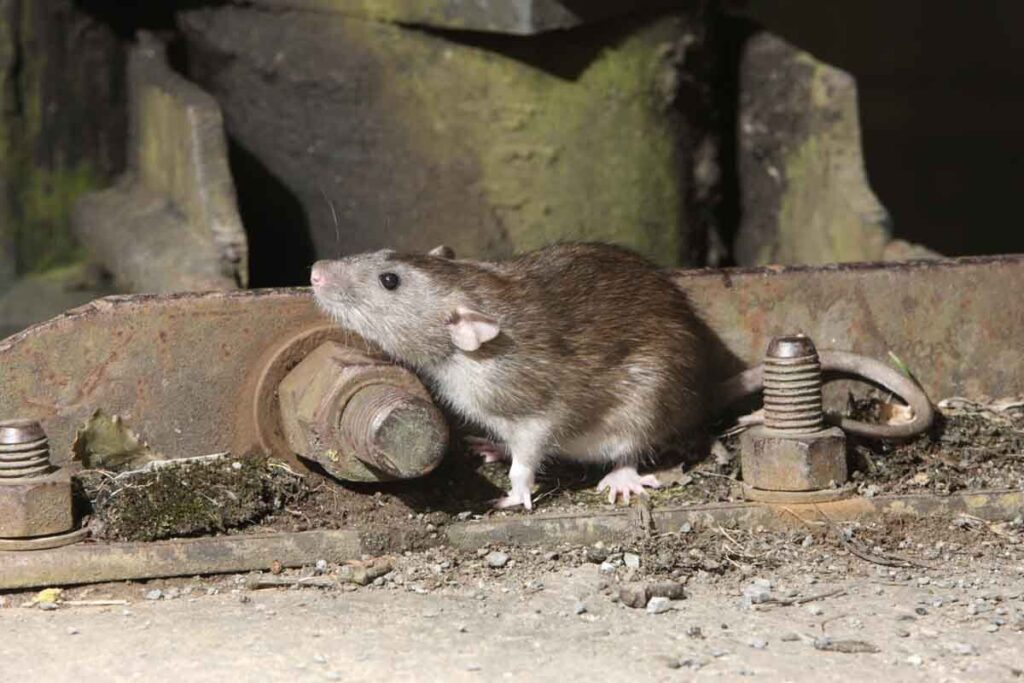Living in a bustling city offers many conveniences, from easy access to amenities to a vibrant social scene. However, urban living also presents unique challenges, such as dealing with rodents. Rats and mice thrive in city environments, taking advantage of the high population density, limited space, and abundant food sources. For city dwellers, managing and preventing rodent infestations with professional Pest Control Services in Damascus is crucial for maintaining a safe and healthy living environment.
In this blog, we’ll explore the challenges faced by urban residents and provide effective solutions for rodent control.
The Urban Rodent Problem
City environments are particularly attractive to rodents for several reasons:
- High Population Density: With so many people living in close quarters, trash accumulates quickly. Overflowing dumpsters, litter, and improperly stored waste provide rodents with a steady food supply.
- Limited Space: Cities often have cramped living conditions, with many buildings sharing walls and common spaces. This proximity makes it easier for rodents to move from one area to another, spreading infestations rapidly.
- Abundant Food Sources: Restaurants, markets, and street vendors contribute to the ample food supply available to rodents. Even small food spills or waste left on the streets can attract these pests.
Challenges Faced by City Dwellers
Urban residents face several challenges when it comes to rodent control:
- Access to Resources: Rodents have easy access to food and shelter in urban environments. They can exploit gaps in infrastructure, such as cracks in sidewalks, sewer systems, and building foundations, to find shelter.
- Increased Interaction: The constant movement of people and goods in a city increases the chances of rodents hitching a ride into new areas, leading to widespread infestations.
- Limited Control: In multi-unit buildings, a single tenant’s negligence can impact the entire building. Rodents easily travel between units, making it essential for all residents to participate in control efforts.
Practical Solutions for Rodent Control
Despite these challenges, city dwellers can take proactive steps to manage and prevent rodent infestations:
- Sanitation Practices: Maintaining cleanliness is the first line of defense against rodents. So, ensure that trash is disposed of properly in sealed containers and that there is no food waste left out in the open. Moreover, regularly clean areas where food is prepared and consumed to eliminate crumbs and spills.
- Building Maintenance: Inspect buildings regularly for potential entry points. You should seal cracks and holes in walls, floors, and foundations with materials like steel wool or caulk. It is also essential to ensure that windows and doors fit tightly and have screens to prevent rodent entry.
- Proper Food Storage: Store food in airtight containers to prevent rodents from accessing it. This practice is especially important in shared living spaces where food may be left out or improperly stored.
- Community Efforts: Rodent control is more effective when entire communities work together. You can coordinate with neighbors and local authorities to address larger infestations and maintain public areas. In fact, initiatives like community clean-up days can help reduce rodent habitats and food sources.
- Professional Pest Control: In cases of significant infestations, hiring professional pest control services may be necessary. Only experts can thoroughly assess the situation and implement targeted treatments to eliminate rodents effectively.
- Public Awareness: You should educate yourself and others about the signs of rodent activity and the importance of prevention. In fact, awareness campaigns can help residents recognize the problem early and take action before infestations become severe.
Conclusion
Rodent control in urban environments is a shared responsibility that requires ongoing vigilance and cooperation. By understanding the challenges posed by city living and implementing practical solutions, residents can effectively manage and prevent rodent infestations.
Maintaining cleanliness, securing food sources, and participating in community efforts are crucial steps towards creating a rodent-free environment. With proactive measures and a collective approach, you can protect your homes and communities from the nuisances and health risks associated with rodents.
You may also like
-
Bright Ideas, Low Bills: A Utah Homeowner’s Guide to Energy-Efficient & Safe Holiday Lighting
-
Your Dream Home Journey: A Step-by-Step Guide to Custom Building in Loganville, GA
-
The Silent Guardians: Singapore’s Tree Pruning Heroes Unveiled
-
Key Factors To Consider When Looking For A Reliable Pavement Contractor
-
Breathe Better for Less: Exclusive Deals on High-Performance Air Purifiers

